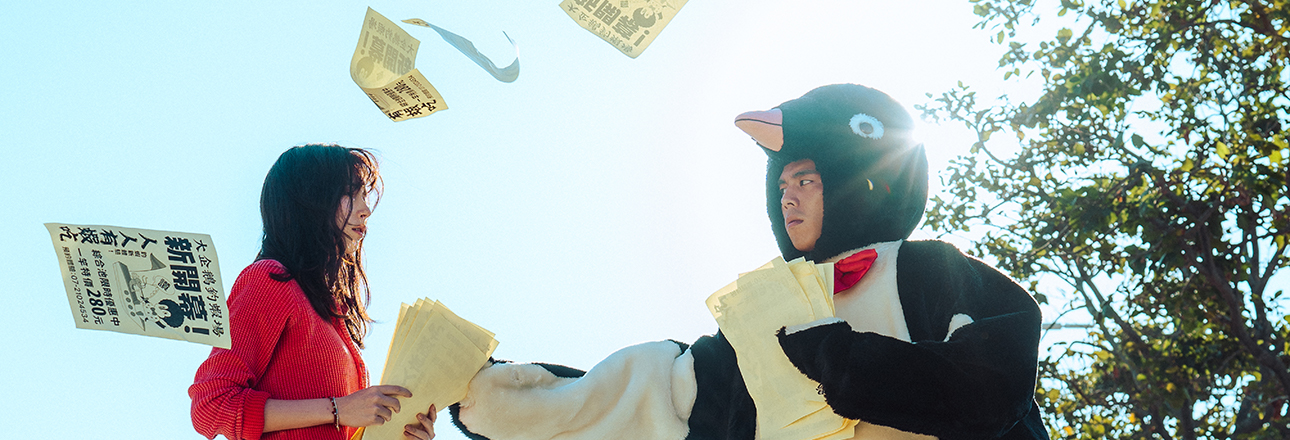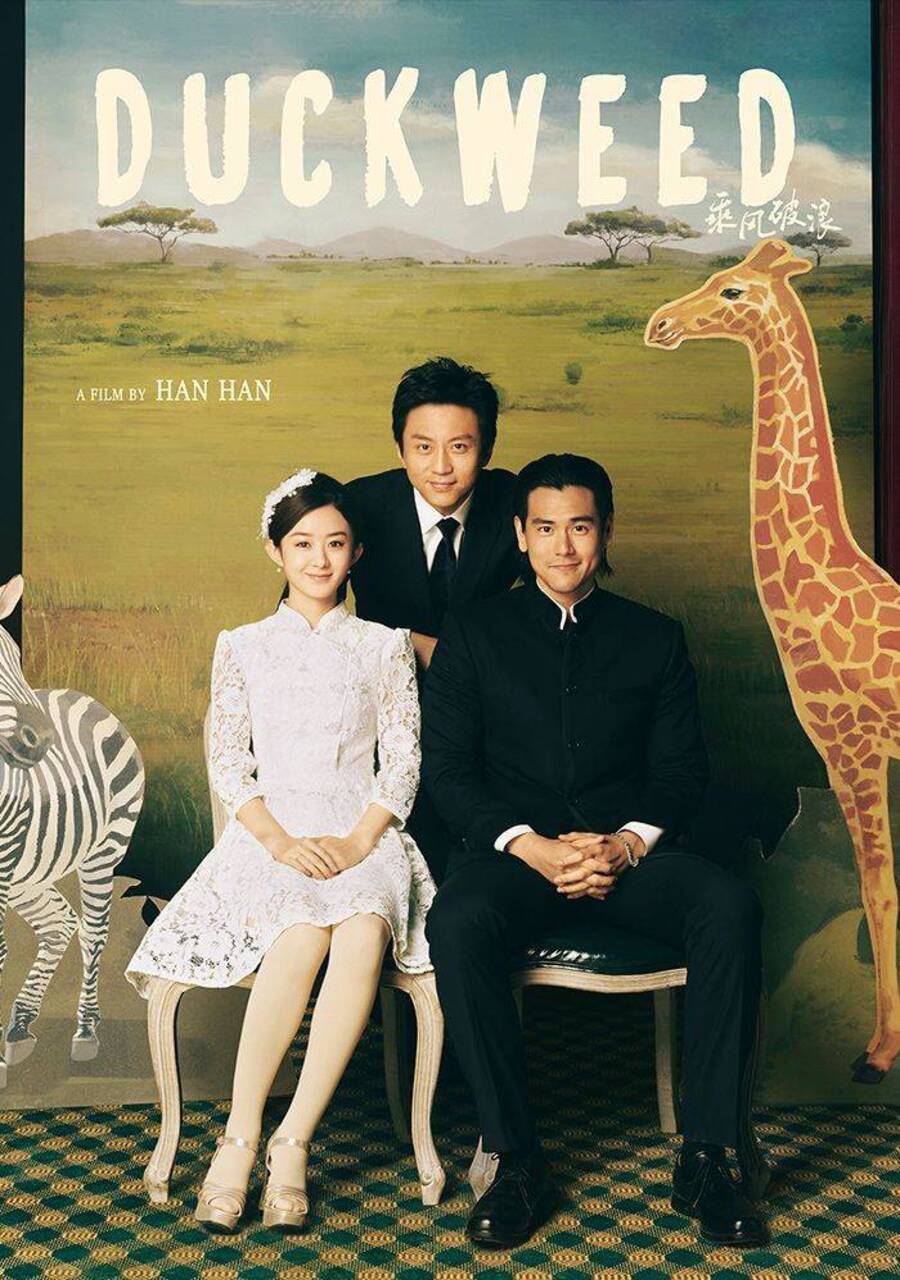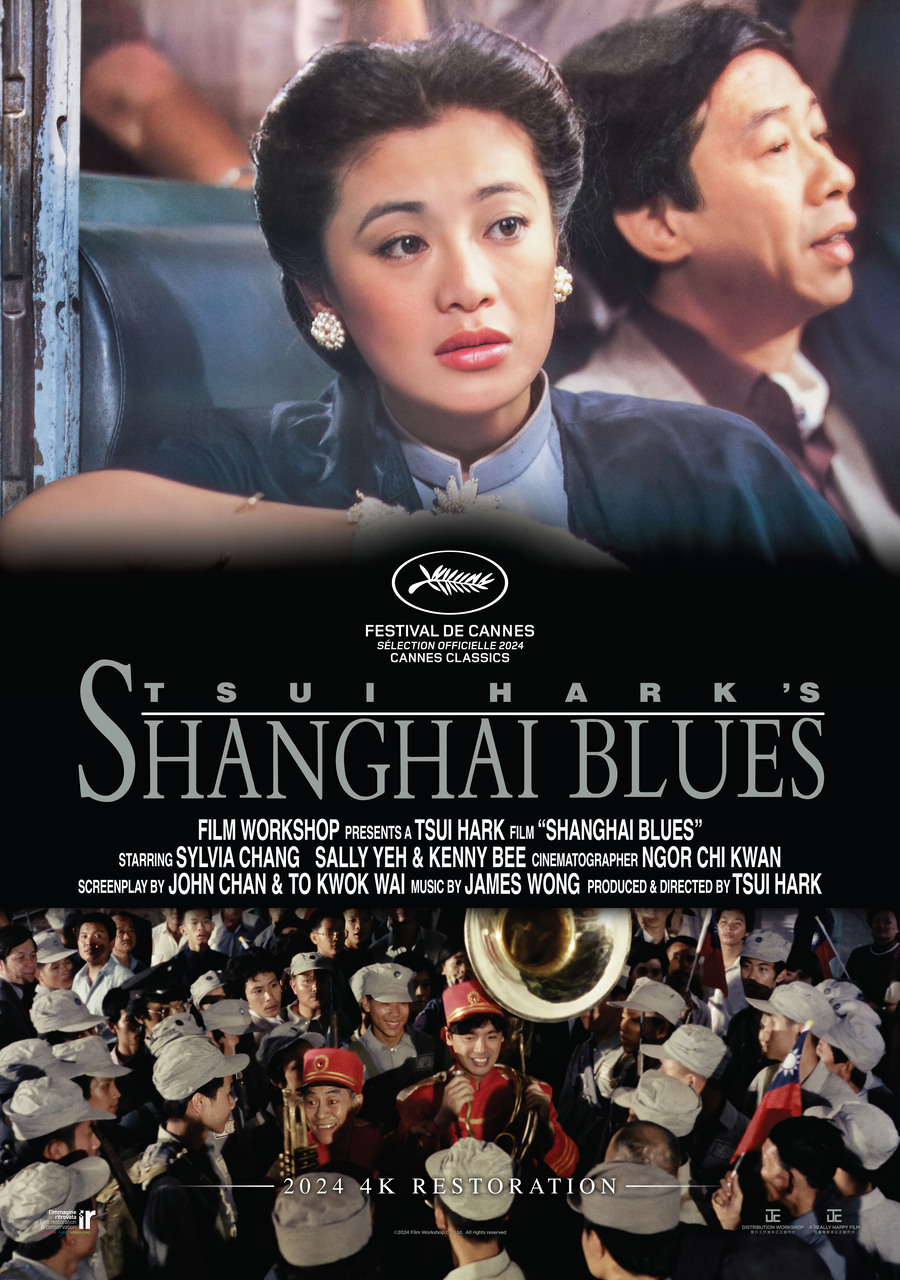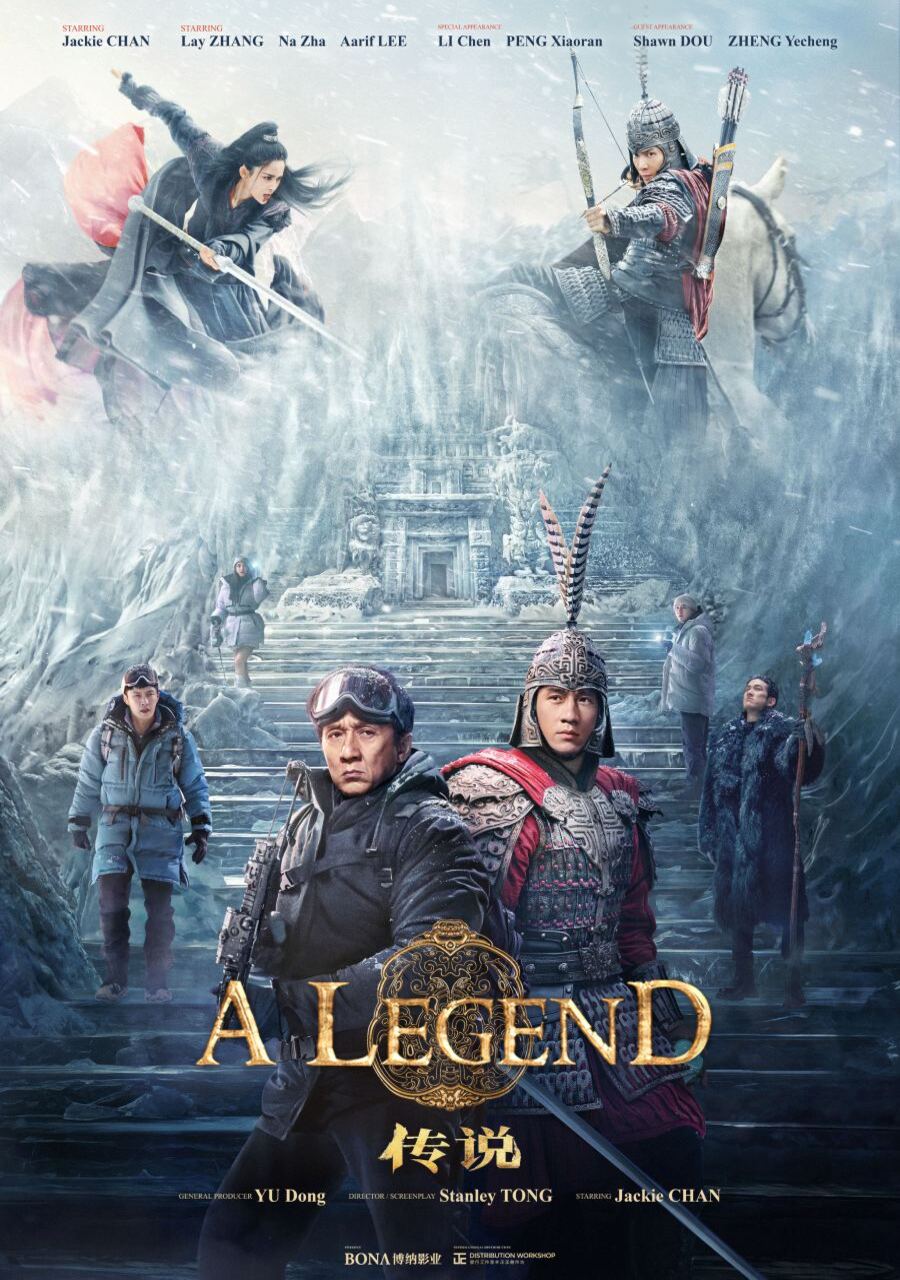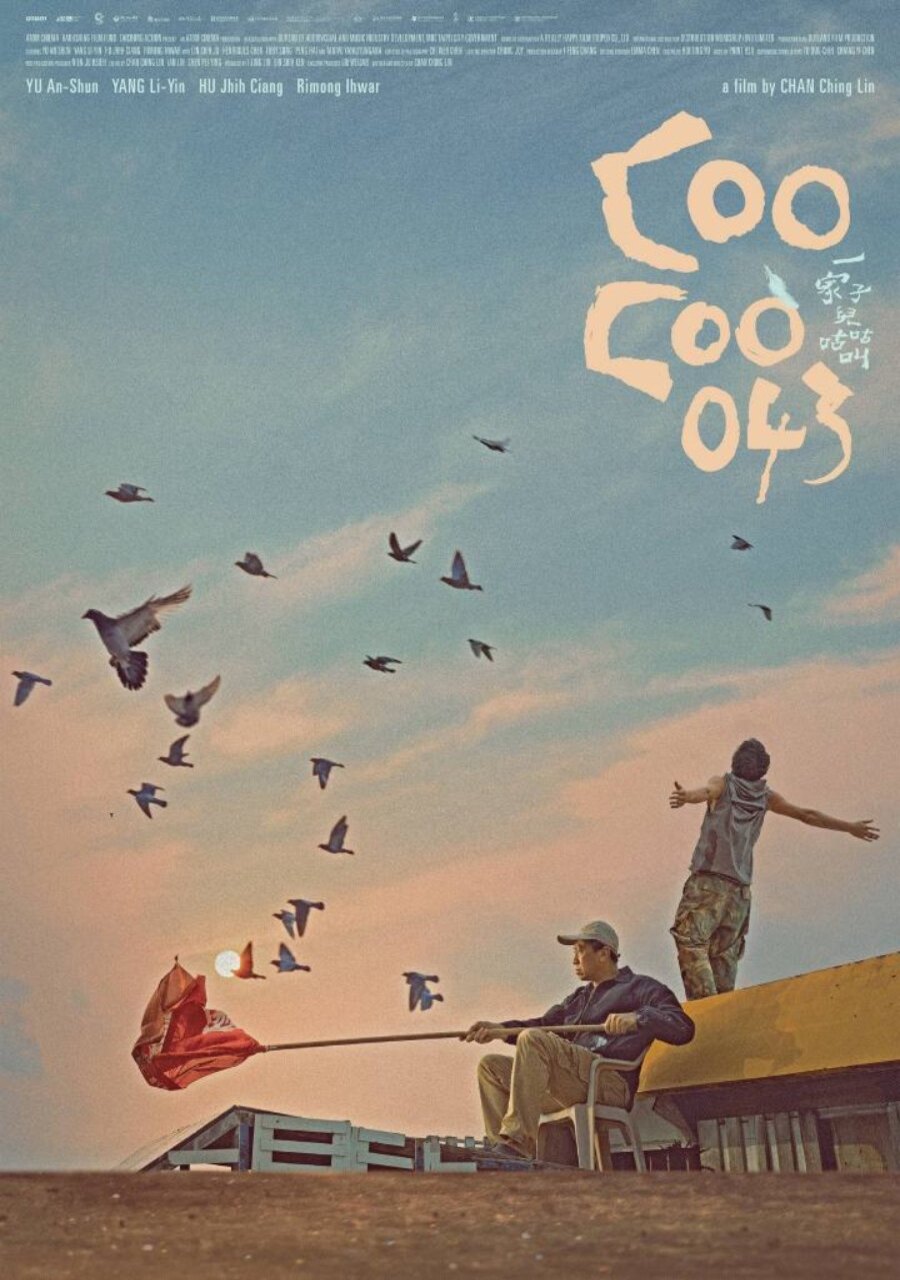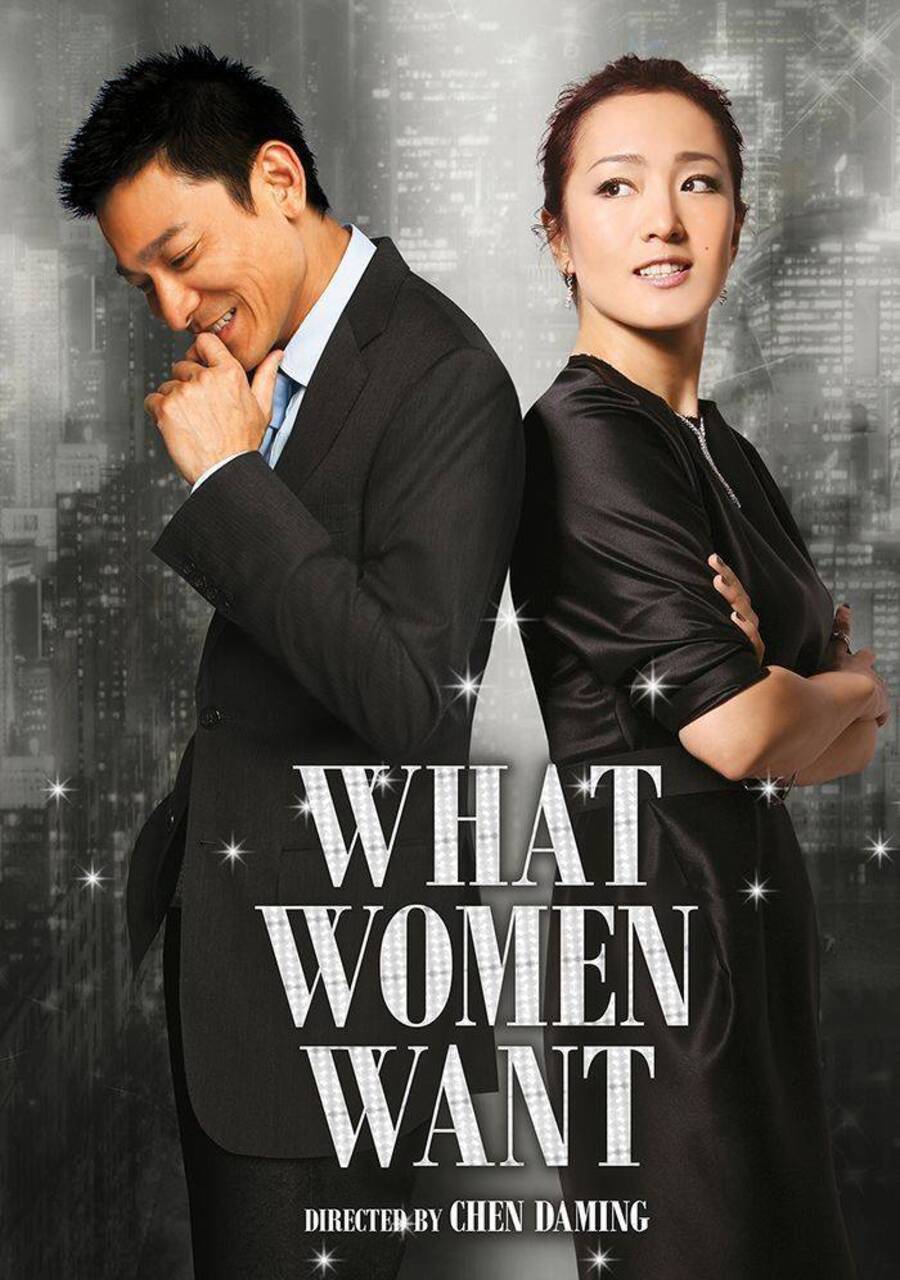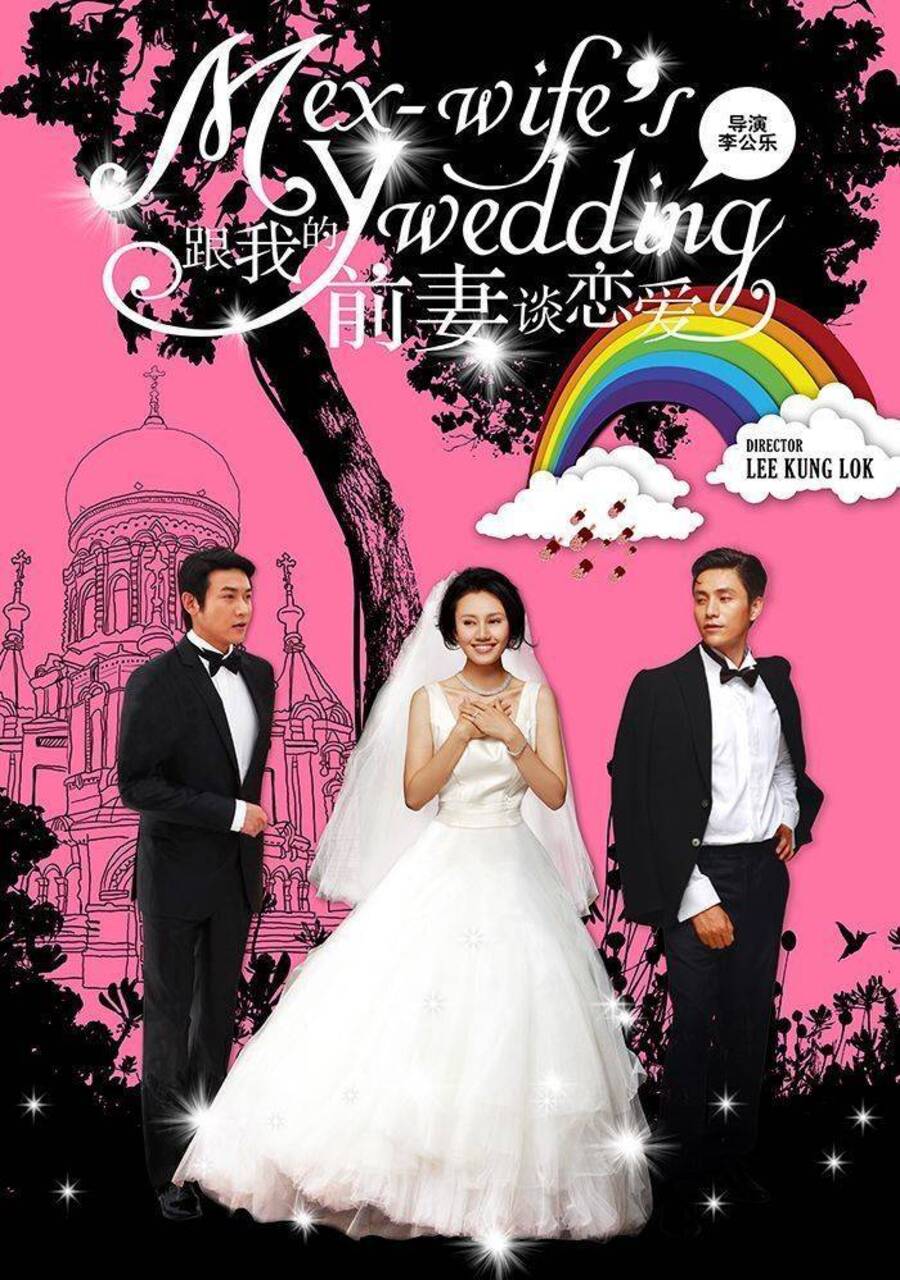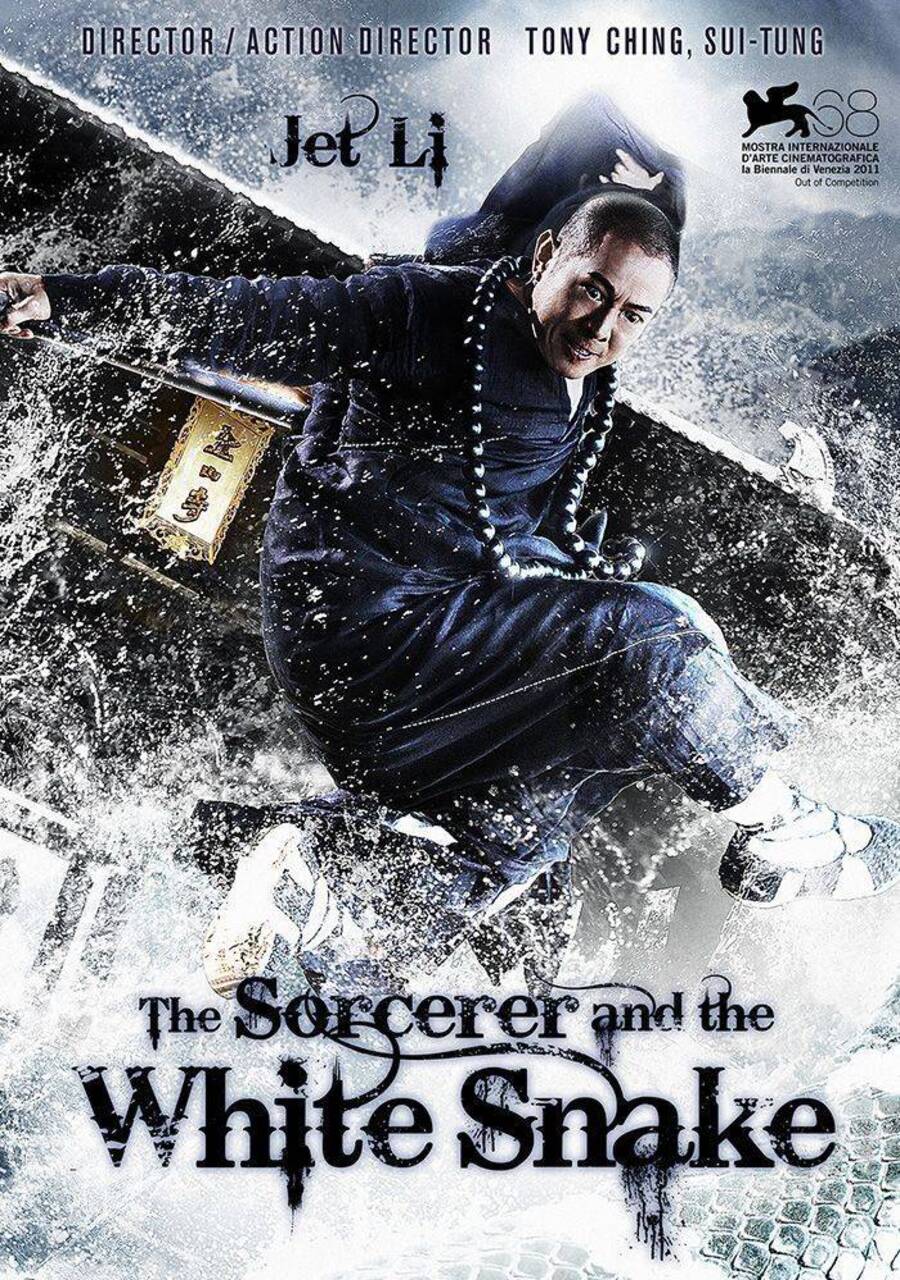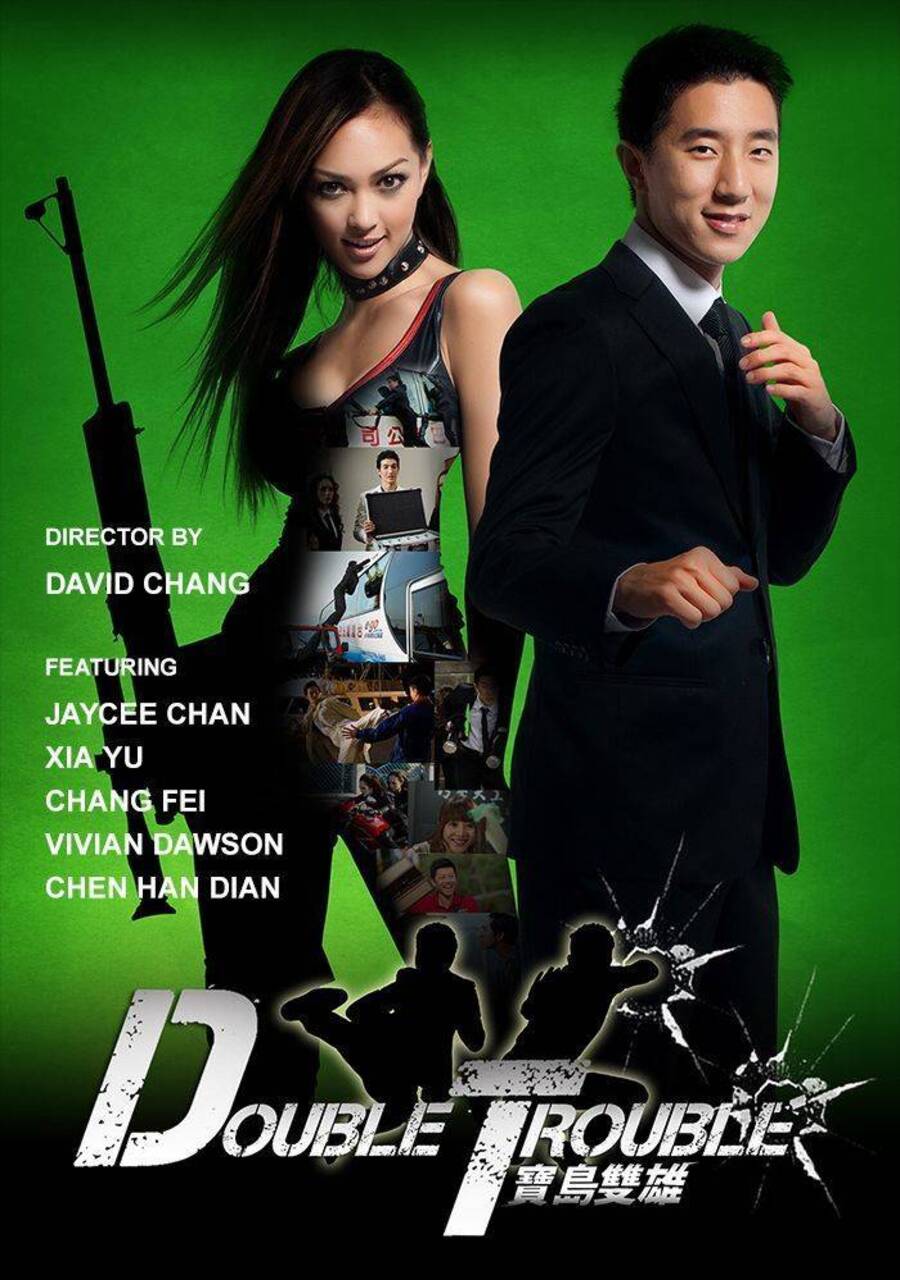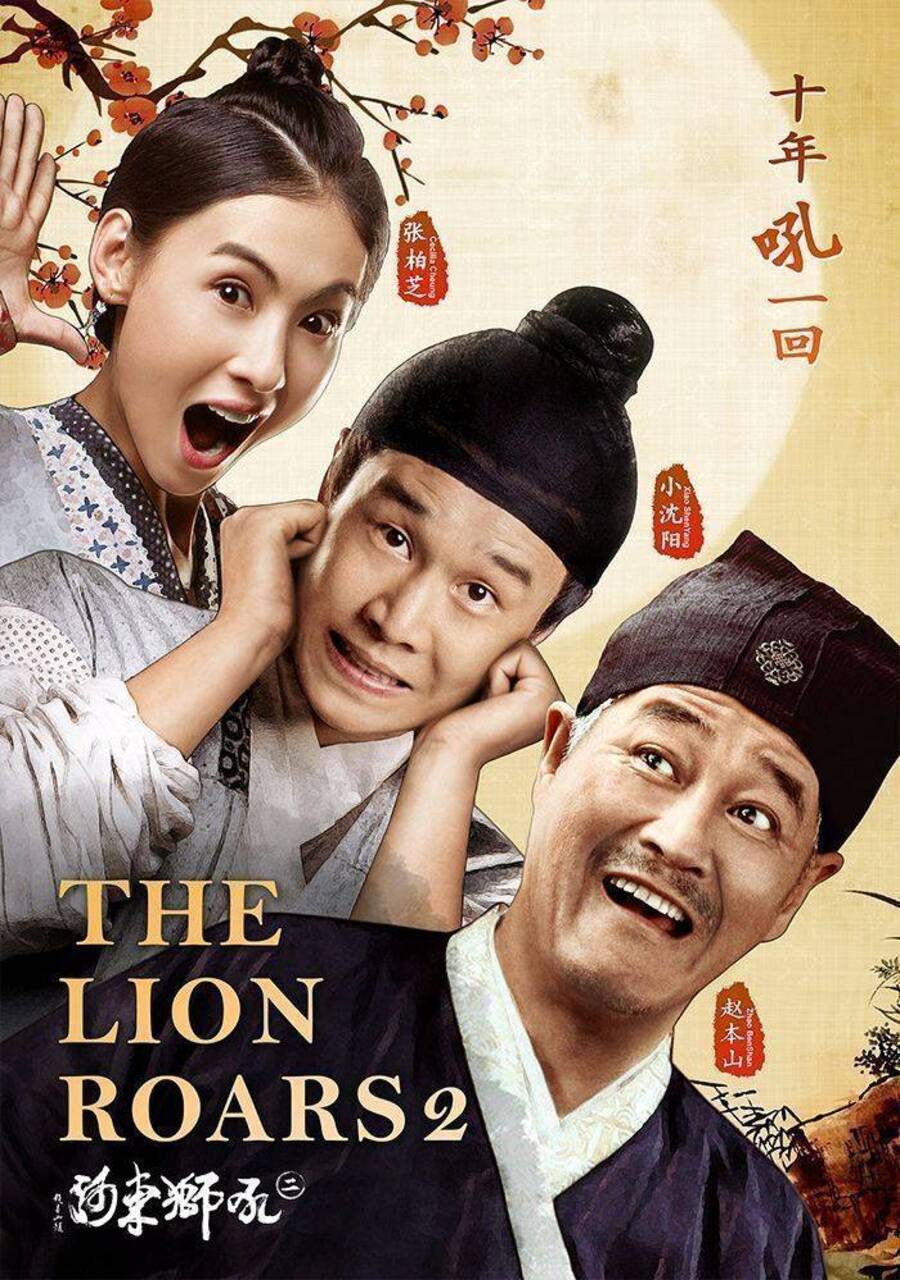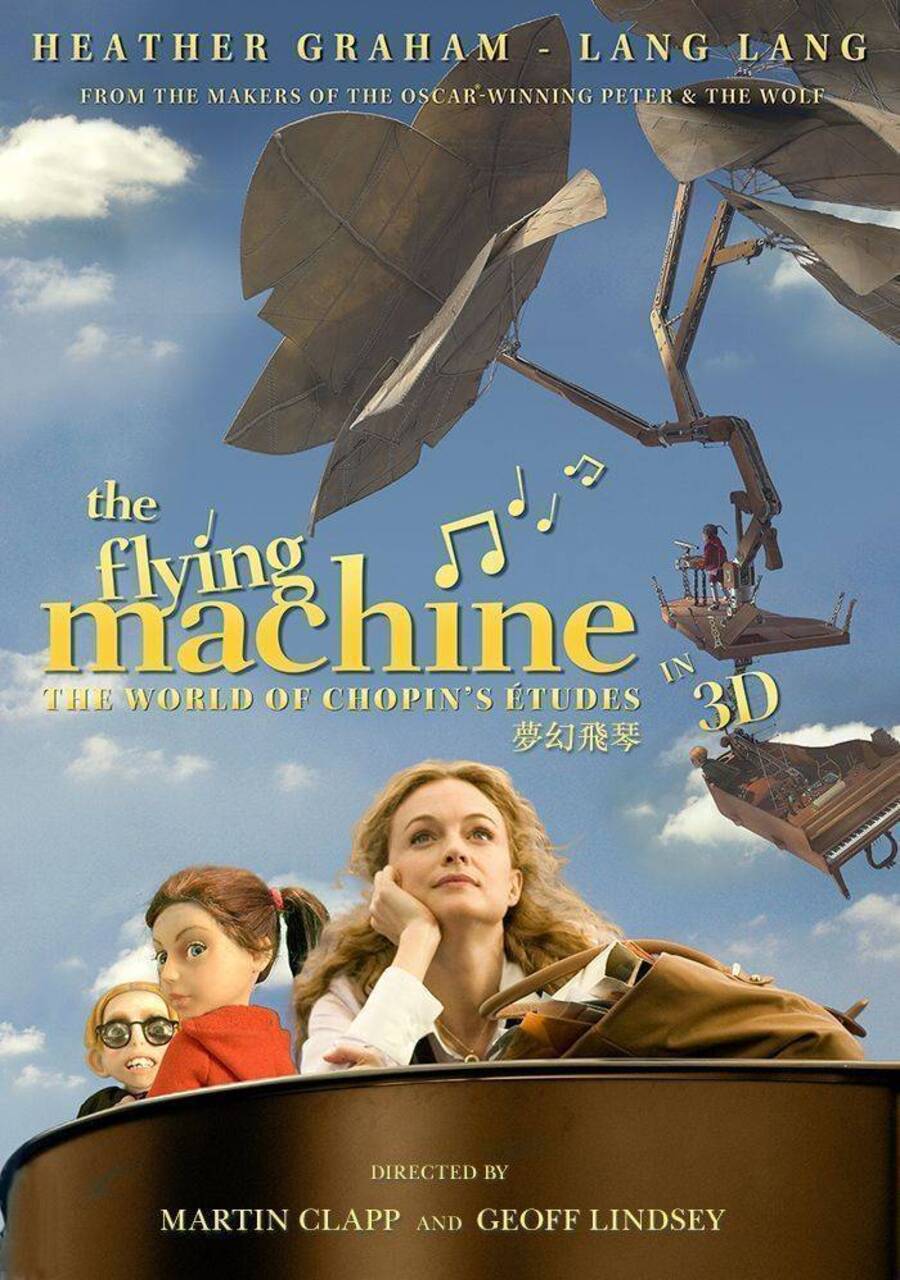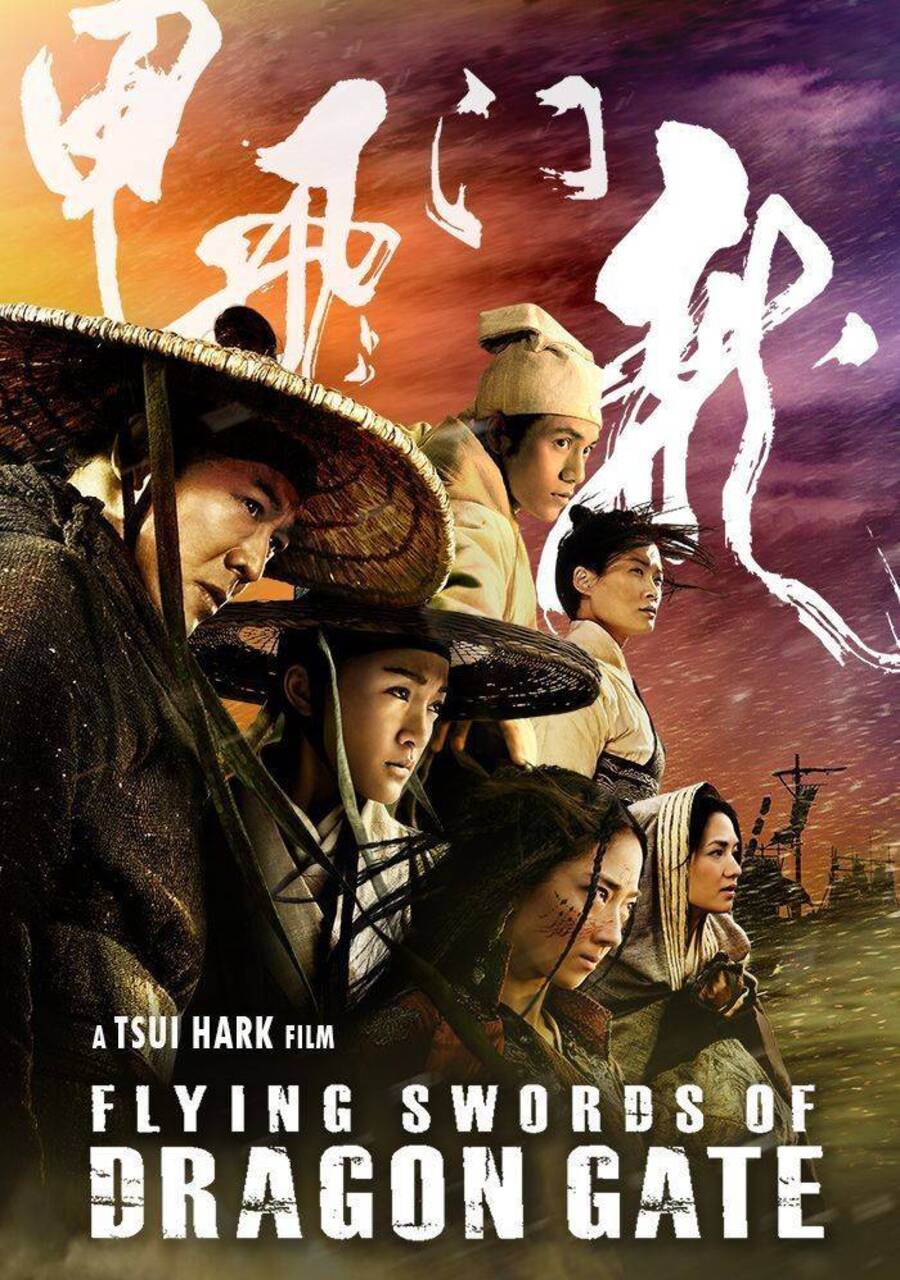News
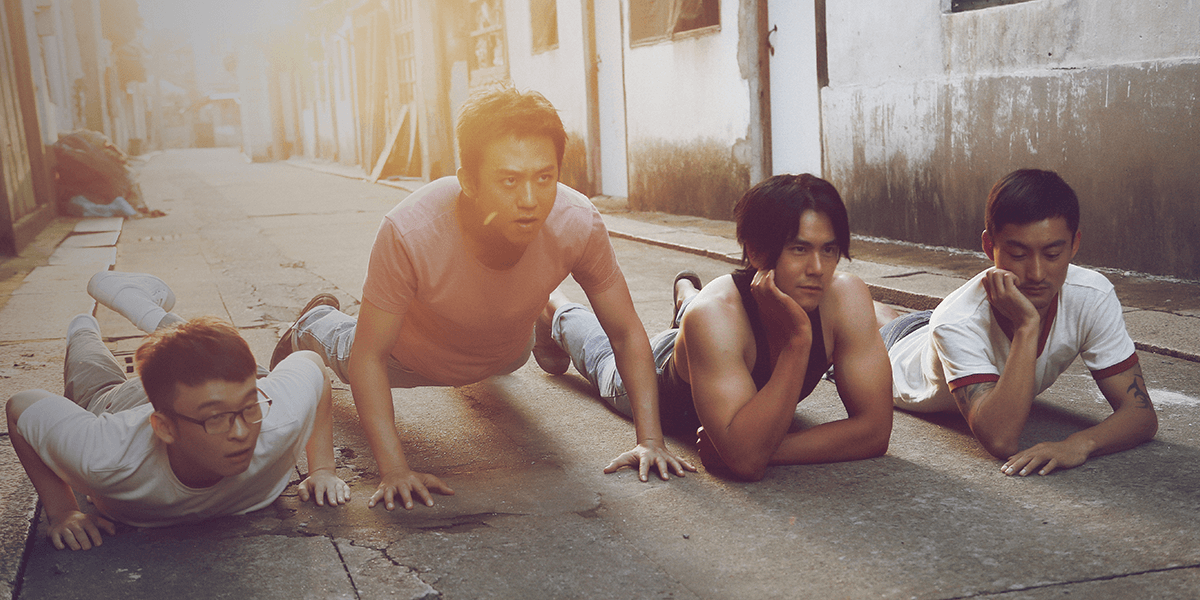
DUCKWEED — A Chinese Comedy That Can Play Well Anywhere
- Posted on
- 2017-07-19
- Source
- CINAPSE by V.N. Pryor
In the festival promotional material for Duckweed, much is made of its current rating of 100% fresh on Rotten Tomatoes. But when reading that, it’s important to note that that 100% rating comes off the back of a mere five reviews. I think if there were 100 reviews aggregated, it would be a very different story.
I think it might drop down as low as 96 or 97 percent.
Duckweed is as good an example as any of the skill the Subway Cinema team has at picking their festival entries: it’s a great big crowd pleasing comedy that’s got bigger laughs (and as it happens, better action) than a massive chunk of Hollywood’s current output.
Deng Chao, who made a great impression as the lead in last years festival entry The Mermaid, stars as Tailang, a racecar driver who accidentally speeds his Subaru VX into an oncoming train and wakes up in the year 1998, where he befriends the youthful version of his estranged father Zhengtai played by Eddie Peng, most recently seen (though not by American audiences) in The Great Wall.
Born while his father was in jail to Zhang Suzhan, who died shortly thereafter, Tailang’s relationship with Zhengtai is fraught with a history of emotional withholding and kicks to the face of a small child.
Almost before he can even get his bearings, Tailang finds himself drawn into his fathers street gang, which consists of only himself and two other people, the sweetly dim Liu Yi (scene stealing Zack Gao) and nerdy babyface Ma (Dong Zijian). Tailang finds himself instantly fascinated by how different this affable, roguish goofball is from the stern, undermining presence he knew growing up. He slowly lowers his guard and begins to embrace his father in all of his flaws and contradictions, even as he finds himself pitted against a rival gang with significantly more nefarious intentions for their territories.
All of this feels like the exact sort of high concept nonsense that filmmakers can completely go to town on, and so writer/director Han Han does. There are the expected time travel related gags on full display here, such as Zhengtai’s insistence that the future is VHS rental palaces and pagers, and his dismissal of gang member Ma’s interest in computer programming. And not for nothing, but his acid wash jean jacket and floppy hair are a visual gag that never gets old.
But that’s basic stuff. Where Han excels as a filmmaker is how deftly he layers the humor. It’s not enough that a frustrated gang boss slams his gun on the table, accidentally firing it off in the process; it’s the immediate follow-up, where his visibly spooked henchman gingerly points the barrel of the gun away from himself and towards his inattentive boss while also spouting off some more comic dialogue. There are at least three or four different visual and verbal gags unfolding in short order, playing off one another to hit your funny bone on multiple levels.
It’s those extra bit of business that they’ll throw in, and the expert coordination of it all, that really elevates the comedy to a higher level.
Also elevating the action: the look. Han Han directs with a genuine sense of style; the opening auto racing scenes are unbelievably dynamic and visceral. The sequence of the train hitting the car is the exact sort of thing slow motion SHOULD be used for. And when things get rough in the last act, the fight scenes are better choreographed than most actual martial arts movies, and shot with more style to boot.
Backed by their directors sure hand, the cast comes ready to play. Everybody gets something to do, even the token female: Zhao Liying is dryly hilarious as Hua, Zhengtai’s girlfriend. Her blase reactions to Tailang’s bumbling attempts to seduce her away from his father (it’s a long story as to how we get to that point, but if you’ve been paying attention to the review thus far you can probably already guess what the punchline to that thread is).
But it’s the virginal doofus Liu Yi that steals his every moment with his sheepish affability and his puppylike enthusiasm. He’s the heartbreakingly loyal beating heart of a movie that leans surprisingly heavy into its sentimentality at times.
And sentiment (especially in comedies) can be a poison pill, diluting the fun with maudlin “Please Clap” neediness. There are times that come close, but the potential for saccharine is undercut by a certain melancholy undertone to those moments; there’s a lot of consideration given to lost time, and how life is change. If you’re even a little familiar with the insane tonal shifts that can come part and parcel to the Asian moviegoing experience (especially when it comes to comedy), you get just how impressive it is when I tell you that Duckweed manages to balance it’s various shifts in mood with style and flair.
In fact, the best compliment I can give to Duckweed is that it’s a Chinese comedy that feels like it could easily play in America, too. It’s the rare international movie that wouldn’t need to change anything to still have audiences everywhere rolling in the aisles. It’s a hell of a start to my journey into Asian cinema this year, and if you can find it, you should definitely give it a watch.
I think it might drop down as low as 96 or 97 percent.
Duckweed is as good an example as any of the skill the Subway Cinema team has at picking their festival entries: it’s a great big crowd pleasing comedy that’s got bigger laughs (and as it happens, better action) than a massive chunk of Hollywood’s current output.
Deng Chao, who made a great impression as the lead in last years festival entry The Mermaid, stars as Tailang, a racecar driver who accidentally speeds his Subaru VX into an oncoming train and wakes up in the year 1998, where he befriends the youthful version of his estranged father Zhengtai played by Eddie Peng, most recently seen (though not by American audiences) in The Great Wall.
Born while his father was in jail to Zhang Suzhan, who died shortly thereafter, Tailang’s relationship with Zhengtai is fraught with a history of emotional withholding and kicks to the face of a small child.
Almost before he can even get his bearings, Tailang finds himself drawn into his fathers street gang, which consists of only himself and two other people, the sweetly dim Liu Yi (scene stealing Zack Gao) and nerdy babyface Ma (Dong Zijian). Tailang finds himself instantly fascinated by how different this affable, roguish goofball is from the stern, undermining presence he knew growing up. He slowly lowers his guard and begins to embrace his father in all of his flaws and contradictions, even as he finds himself pitted against a rival gang with significantly more nefarious intentions for their territories.
All of this feels like the exact sort of high concept nonsense that filmmakers can completely go to town on, and so writer/director Han Han does. There are the expected time travel related gags on full display here, such as Zhengtai’s insistence that the future is VHS rental palaces and pagers, and his dismissal of gang member Ma’s interest in computer programming. And not for nothing, but his acid wash jean jacket and floppy hair are a visual gag that never gets old.
But that’s basic stuff. Where Han excels as a filmmaker is how deftly he layers the humor. It’s not enough that a frustrated gang boss slams his gun on the table, accidentally firing it off in the process; it’s the immediate follow-up, where his visibly spooked henchman gingerly points the barrel of the gun away from himself and towards his inattentive boss while also spouting off some more comic dialogue. There are at least three or four different visual and verbal gags unfolding in short order, playing off one another to hit your funny bone on multiple levels.
It’s those extra bit of business that they’ll throw in, and the expert coordination of it all, that really elevates the comedy to a higher level.
Also elevating the action: the look. Han Han directs with a genuine sense of style; the opening auto racing scenes are unbelievably dynamic and visceral. The sequence of the train hitting the car is the exact sort of thing slow motion SHOULD be used for. And when things get rough in the last act, the fight scenes are better choreographed than most actual martial arts movies, and shot with more style to boot.
Backed by their directors sure hand, the cast comes ready to play. Everybody gets something to do, even the token female: Zhao Liying is dryly hilarious as Hua, Zhengtai’s girlfriend. Her blase reactions to Tailang’s bumbling attempts to seduce her away from his father (it’s a long story as to how we get to that point, but if you’ve been paying attention to the review thus far you can probably already guess what the punchline to that thread is).
But it’s the virginal doofus Liu Yi that steals his every moment with his sheepish affability and his puppylike enthusiasm. He’s the heartbreakingly loyal beating heart of a movie that leans surprisingly heavy into its sentimentality at times.
And sentiment (especially in comedies) can be a poison pill, diluting the fun with maudlin “Please Clap” neediness. There are times that come close, but the potential for saccharine is undercut by a certain melancholy undertone to those moments; there’s a lot of consideration given to lost time, and how life is change. If you’re even a little familiar with the insane tonal shifts that can come part and parcel to the Asian moviegoing experience (especially when it comes to comedy), you get just how impressive it is when I tell you that Duckweed manages to balance it’s various shifts in mood with style and flair.
In fact, the best compliment I can give to Duckweed is that it’s a Chinese comedy that feels like it could easily play in America, too. It’s the rare international movie that wouldn’t need to change anything to still have audiences everywhere rolling in the aisles. It’s a hell of a start to my journey into Asian cinema this year, and if you can find it, you should definitely give it a watch.
Latest News
-
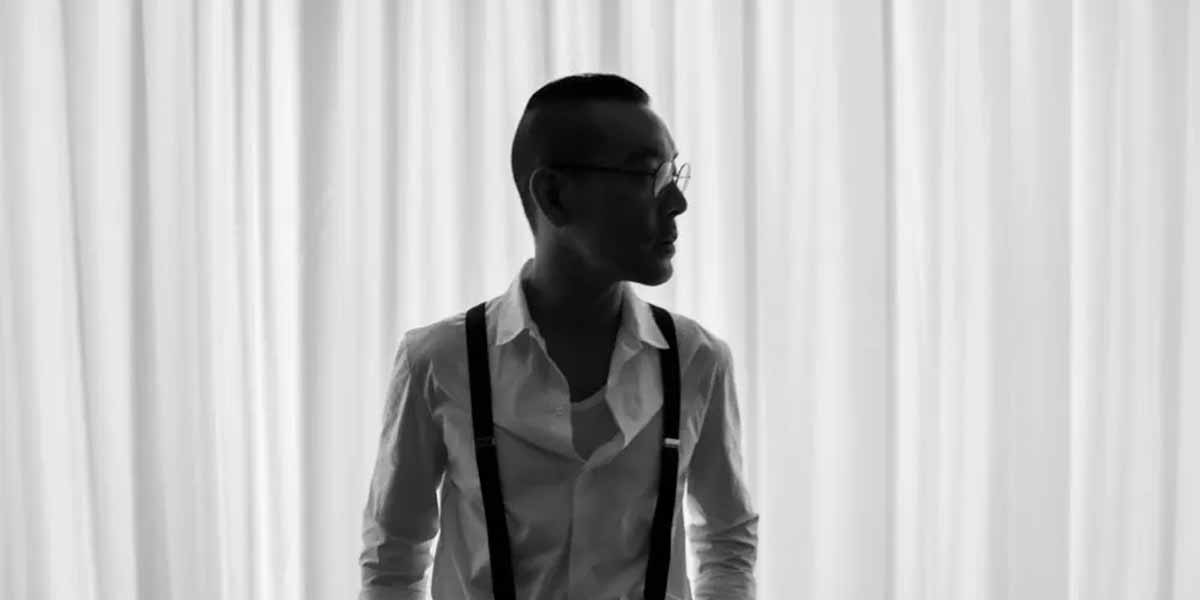
Juno Mak on His Star-Driven Cannes Midnight Screenings Drama ’Sons of the Neon Night’: ‘My Aim Was to Create a Unique World With Its Own Rules’
2025-05-14
-
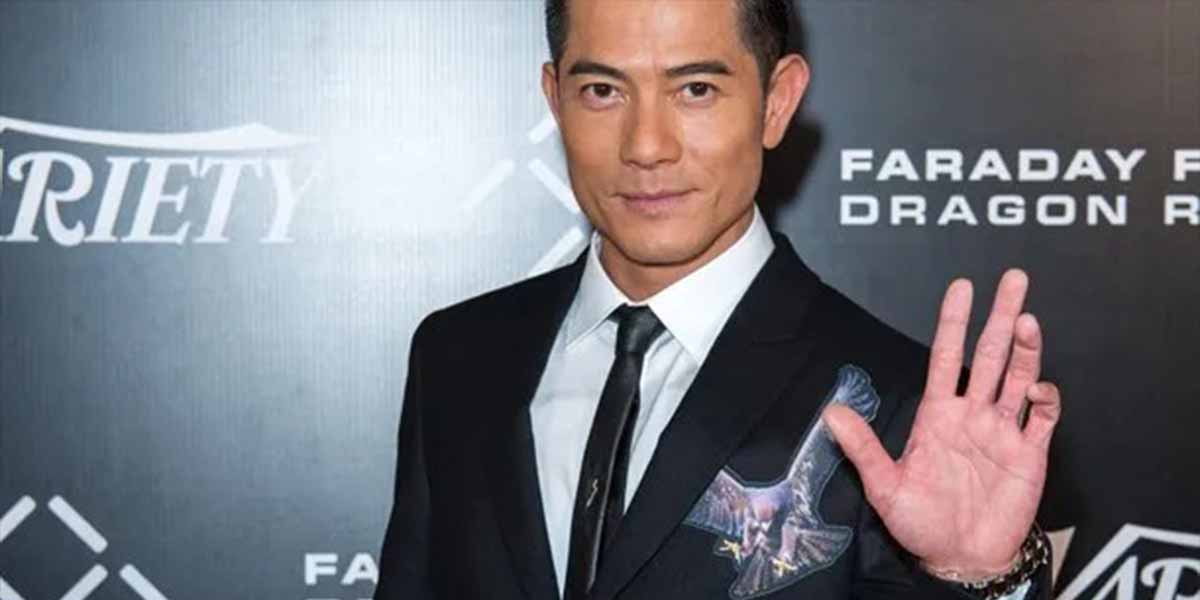
Aaron Kwok Drama ‘IOU’ Unveiled by Distribution Workshop at Hong Kong FilMart
2025-03-17
-

Distribution Workshop Picks Up Financial Scam Drama ‘IOU’ Starring Aaron Kwok
2025-03-17
-
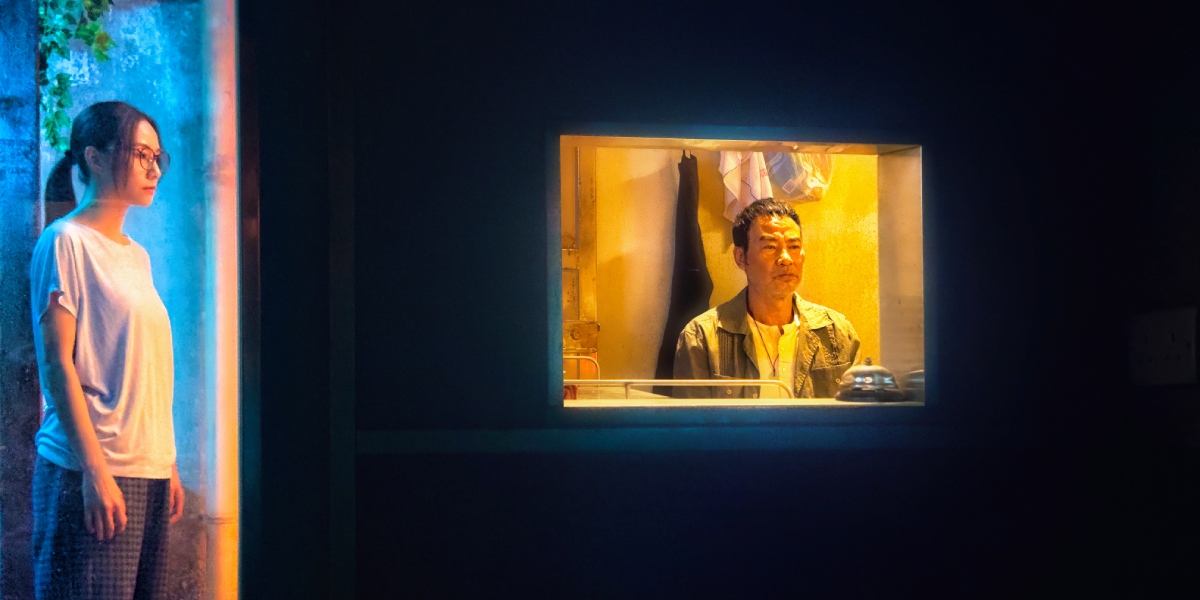
Film Review: Little Red Sweet (2024) by Vincent Chow
2024-11-08
-
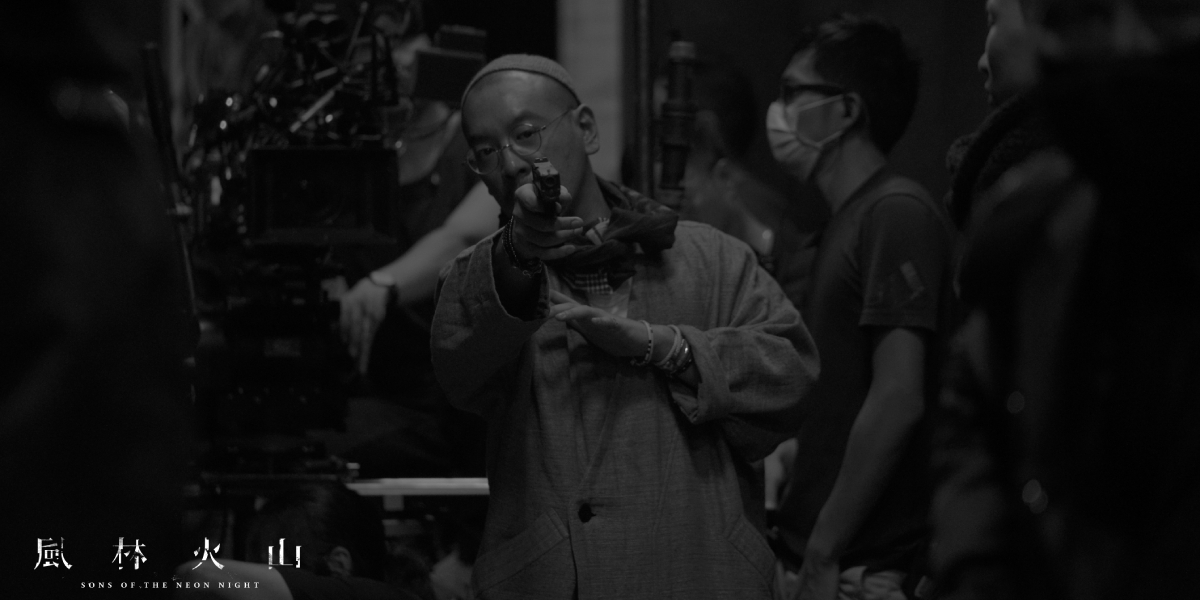
Juno Mak on Taking Ten Years to Direct Hong Kong’s Most Expensive Movie, ‘Sons of the Neon Night’: ‘I’ve Built a World Where it’s Freezing’ (EXCLUSIVE)
2024-10-04
-
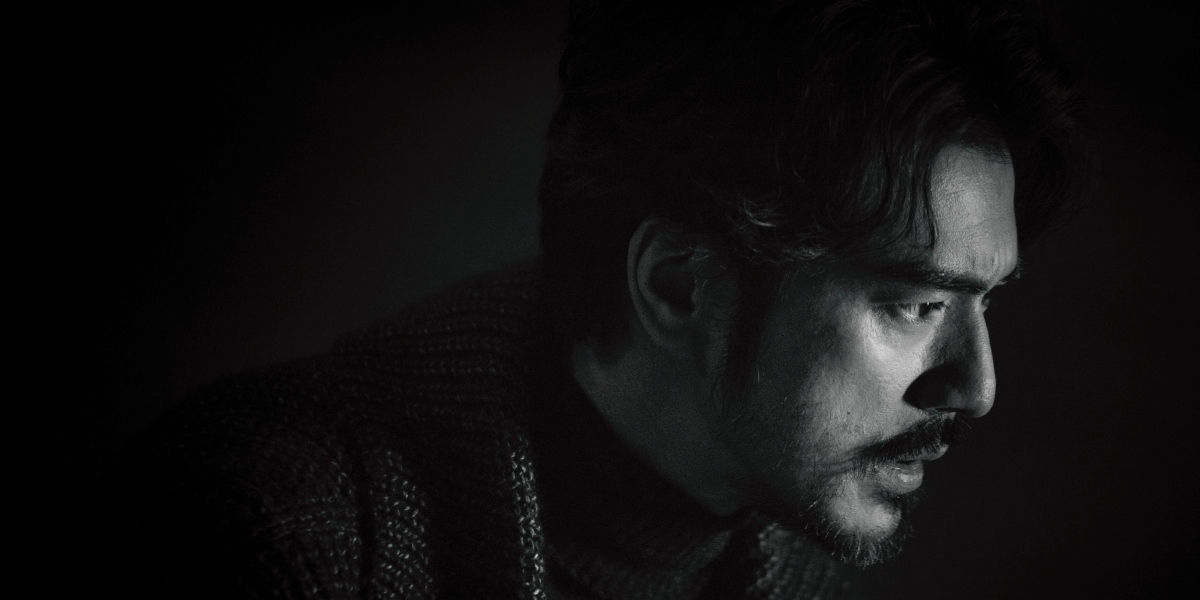
Distribution Workshop To Launch Sales On Juno Mak’s ‘Sons Of The Neon Night’ At ACFM
2024-09-30


